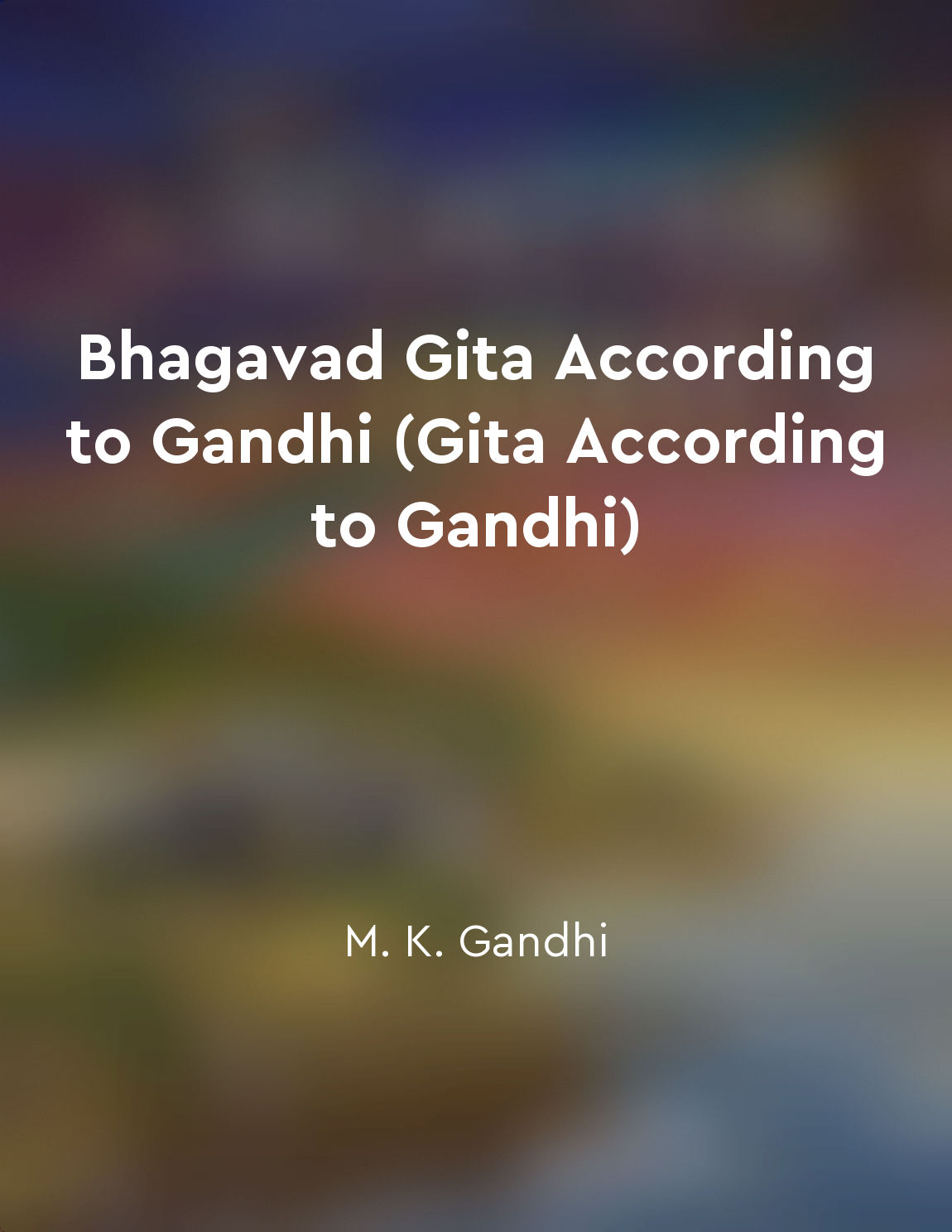Hinduism is a profound and ancient religion from "summary" of The True History and the Religion of India by Prakashanand Saraswati
Hinduism stands as one of the oldest religions in the world, with a profound depth and complexity that sets it apart from many other belief systems. Its roots can be traced back thousands of years, making it a vital part of the cultural and spiritual fabric of India. The rich tapestry of Hinduism is woven with a diverse array of beliefs, rituals, and practices that have evolved over centuries, reflecting the unique character of the religion. One of the defining features of Hinduism is its inclusivity, encompassing a wide range of beliefs and practices that cater to a variety of spiritual needs. This diversity is reflected in the numerous gods and goddesses worshipped by Hindus, each representing different aspects of the divine. This multiplicity of deities is not a sign of confusion or disarray, but rather a reflection of the vastness and complexity of the universe itself. The concept of karma, another cornerstone of Hinduism, emphasizes the idea of cause and effect, where one's actions in this life determine their future existence. This belief in the cycle of birth, death, and rebirth, known as samsara, underscores the interconnectedness of all living beings and the importance of living a moral and ethical life. Hinduism also places a strong emphasis on the pursuit of knowledge and self-realization, with practices such as meditation and yoga playing a central role in spiritual development. These practices are not merely rituals to be performed, but pathways to inner peace and enlightenment that have been passed down through generations. Despite its ancient origins, Hinduism continues to evolve and adapt to the changing world, demonstrating a resilience and vitality that is a testament to its enduring appeal. The profound and ancient nature of Hinduism is a reflection of the deep spiritual insights and wisdom that have been preserved and cherished by generations of practitioners.Similar Posts

The concept of seva (selfless service) in Hindu philosophy
The idea of seva, or selfless service, is a central tenet in Hindu philosophy. It is a concept that emphasizes the importance o...
Festivals and rituals are integral parts of Hindu culture
In Hindu culture, festivals and rituals hold a significant place. They are not merely events or practices but rather, they form...

The contributions of Hinduism to world civilization
Hinduism has made significant contributions to world civilization in a variety of ways. One of the most notable contributions i...
The significance of festivals in Hindu life
Festivals hold a special place in the hearts and lives of Hindus. These celebrations are not merely events marked on a calendar...
Vedic knowledge was passed down orally for generations
The transmission of Vedic knowledge in ancient India was a remarkable process that relied on the oral tradition. This tradition...

The impact of colonialism on Hindu identity
Colonialism had a profound effect on the Hindu identity, leaving behind a legacy that continues to shape perceptions and belief...

The tradition of questioning and debate is essential in Hinduism
The idea that questioning and debate are integral to Hinduism is deeply rooted in the fabric of our faith. From the earliest sc...
See the divine in all beings
This concept is rooted in the belief that divinity exists within every living being, regardless of their outward appearance or ...

Stay connected to the inner self
The Bhagavad Gita teaches us the importance of staying connected to our inner self. This connection is vital for navigating the...
